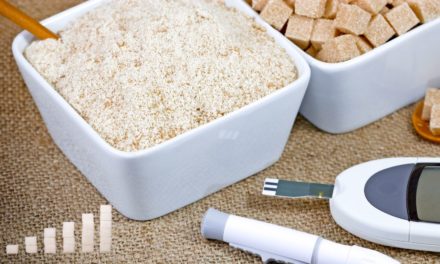Achieving optimal health and regulating normal blood sugar levels involves a comprehensive approach that encompasses various lifestyle factors. Here’s a detailed breakdown of how to achieve this goal:
Nutrition:
1. Diet:
- Diet: Consume a diet rich in whole, unprocessed foods. Focus on vegetables, fruits, lean proteins (like poultry, fish, legumes), whole grains, nuts, and seeds. Limit foods high in added sugars, refined carbohydrates, and saturated fats.
- Carbohydrate Management: Choose complex carbohydrates with a low glycemic index, as they have a slower impact on blood sugar levels. Monitor carbohydrate intake and portion sizes to prevent spikes in blood sugar.
- Fiber Intake: Include soluble fiber-rich foods (oats, beans, lentils, vegetables) as they can slow down digestion and help stabilize blood sugar levels.
2. Physical Activity:
- Regular Exercise: Engage in both aerobic exercises (e.g., walking, jogging, swimming) and strength training. Aim for at least 150 minutes of moderate-intensity aerobic activity per week, along with muscle-strengthening activities on two or more days.
- Consistency: Regular physical activity improves insulin sensitivity, allowing cells to better utilize glucose for energy. It also helps with the weight system and overall.
3. Weight Management:
Maintain a Healthy Weight: Strive for a healthy weight within a realistic range. Weight loss, if needed, can improve insulin sensitivity and help control blood sugar levels.
4. Stress Management:
Stress Reduction: Practice stress-reduction techniques like deep breathing, meditation, mindfulness, yoga, or engaging in hobbies. Chronic stress can lead to hormone imbalances that affect blood sugar.
5. Sleep:
Prioritize Sleep: Aim for 7-9 hours of quality sleep per night. Establish a regular sleep schedule and create a relaxing bedtime routine to ensure restorative sleep.
6. Hydration:
Stay Hydrated: Drink plenty of water throughout the day. Proper hydration supports efficient blood flow and glucose transport.
7. Meal Timing:
Regular Meals: Aim for consistent meal times to prevent large fluctuations in blood sugar levels. Avoid skipping meals and consider spreading out carbohydrate intake across meals and snacks.
8. Monitoring:
Blood Sugar Monitoring: If you have diabetes or suspect blood sugar imbalances, monitor your blood sugar levels regularly. This information helps you understand how your lifestyle choices impact your glucose levels.
9. Medication and Healthcare:
Following Medical Advice: If prescribed medications or insulin, it is important to take them as directed by your healthcare provider. Regularly consult your healthcare team to adjust treatment plans if needed.
10. Lifestyle Habits:
- Avoid Smoking: Smoking can worsen insulin resistance and increase the risk of diabetes-related complications.
- Cut down on alcohol: If you choose to drink, cut it down or cut it out altogether and it’s best to quit. Alcohol can add to blood sugar levels and interact with medications.
11. Healthcare Provider:
Regular Check-ups: Schedule regular visits with your healthcare provider to assess your overall health and blood sugar control. They can offer personalized advice and make adjustments to your plan if necessary.
Remember, achieving optimal health and regulating blood sugar levels is a gradual process that requires commitment and consistency. It’s important to tailor these guidelines to your individual needs, under the guidance of a healthcare professional, and make sustainable changes that you can maintain over the long term.










